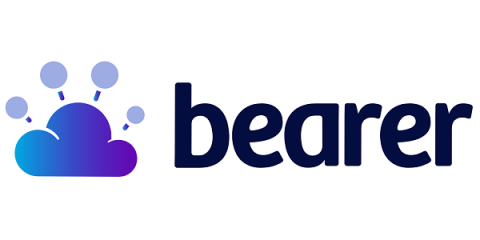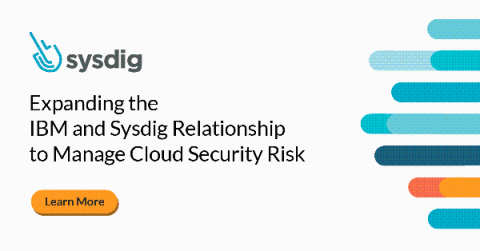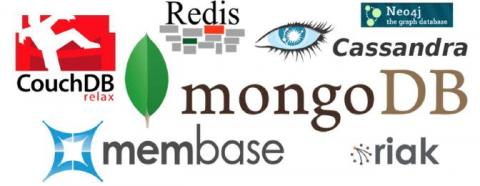Security | Threat Detection | Cyberattacks | DevSecOps | Compliance
%term
Ask the Experts: The State of Industrial Cybersecurity
NetWalker Ransomware - What You Need to Know
NetWalker (also known as Mailto) is the name given to a sophisticated family of Windows ransomware that has targeted corporate computer networks, encrypting the files it finds, and demanding that a cryptocurrency payment is made for the safe recovery of the encrypted data.
How to Recover from API Downtimes and Errors
APIs are stable, until they aren’t. We talk about that often at Bearer. If you control the APIs, it gets easier, but with third-party APIs and integrations it can be more difficult to predict when an outage or incident is about to happen.
5 Strategies to Mitigate Business Risk During Coronavirus
Business risk in the United States may be higher during the novel coronavirus pandemic than at any time in our generation, making risk management a must. What are your strategies for risk mitigation—not only in your enterprise but up and down your supply chain—amidst COVID-19 disease outbreaks? Business interruption is a growing concern right now.
How malware mimics the spread of COVID-19
It’s a weird time to be alive. Millions of people globally are living under government lockdowns, as we collectively endure the COVID-19 pandemic. COVID-19 has brought to light some fundamental truths about humanity, including our deep-seated need for social interactions. It has also highlighted how reliant we are on critical infrastructure like our healthcare systems and internet connections, both of which are currently strained.
Forrester's State of Application Security, 2020: Key Takeaways
In The State of Application Security, 2020, Forrester predicts application vulnerabilities will continue to be the most common external attack method. Because of this, organizations are urged to continue testing early in the software development life cycle (SDLC), implementing auto-remediation for security vulnerabilities, and shoring up production protections.
Expanding the IBM & Sysdig Relationship to Manage Cloud Security Risk
Today, we are pleased to announce the expansion of Sysdig’s relationship with IBM to extend cloud security governance with IBM Cloud Pak for Multicloud Management. Through a new OEM agreement, Sysdig Secure and the Sysdig Secure DevOps Platform are now available through IBM and IBM Business Partners. The combined IBM and Sysdig offering delivers centralized cloud visibility, governance and automation with in-depth container security intelligence for Red Hat OpenShift.











